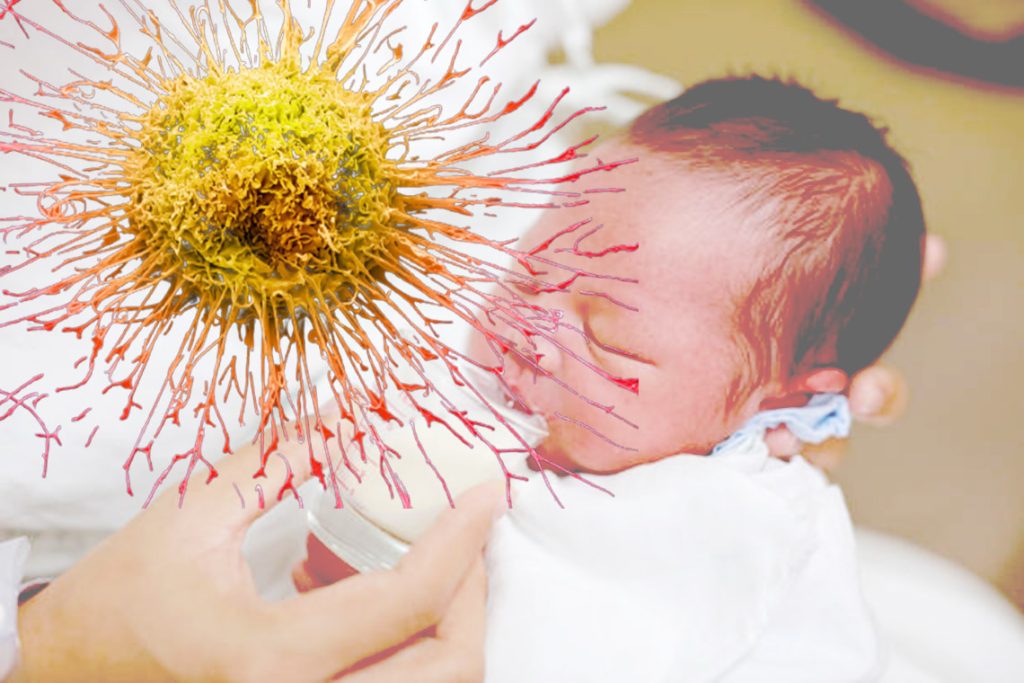Tests conducted by the International Pollutants Elimination Network (IPEN) with the participation of member groups from eight countries, including the Center for Environmental Justice, confirmed that infant milk bottles and feeding cups are contained with carcinogenic substance Bisphenol A. Of the 98 containers tested, 76 were found to contain the chemical. Although some of these containers stated that they did not contain the chemical, laboratory tests proved it to be incorrect Center for Environmental Justice says in a release.
Bisphenol A (BPA) is a chemical that causes cancer, reproductive system disorders, sexual dysfunction in both men and women, and diabetes. In many countries it is legally recognized as a hazardous chemical, and in the EU it is recognized as a chemical that interferes with hormonal processes.
“Some products are labeled BPA-free, but these contain the chemical, and although parents may be tempted to give their children something good, we find that companies mislead them, so we have strong rules regarding such hazardous chemical labeling. A proper monitoring process is also needed to ensure that they are properly implemented, ”said Chalani Rubasinghe, Project Design and Management Officer, Center for Environmental Justice.
For this study, IPEN member groups from Bangladesh, Bhutan, China, Indonesia, Malaysia, Russia, Sri Lanka, and Tanzania provided samples of infant products such as infant milk bottles, septic cups, and feeding cups. The containers were then tested for the amount of BPA in the liquids applied to them, and the chemical test was performed at the laboratory of the University of Chemistry and Technology in Prague, Czechoslovakia, and at the Shri Ram Industrial Research Institute in New Delhi, India.
EU member states, such as Malaysia, China, and Indonesia, have restricted the use of the chemical to baby products. However, research has shown that 78% of the products tested contain this chemical.
Three of the 10 samples taken in Sri Lanka were confirmed to contain BPA, with one label being BPA free and BPA reported to be 0.9 micrograms per kilogram. The maximum level found was 3.2 micrograms per kilogram, which was recorded in a baby cup (CP cup). Unfortunately, no matter how harmful this chemical is, there are no legal standards for it in Sri Lanka.
“Such hazards in baby products are a matter of great concern, and we must ban all of these bisphenols as a group to prevent the substitution of one harmful chemical for another,” Jitka Strakova, IPEN Global Researcher.
Another risk that IPEN raises through this research is the inclusion of such hazardous chemicals in the cyclic economy through plastic recycling. They point out that it can then be very difficult to find out through which product and who is exposed to these chemicals.
Recommendations for this study:
Prohibition of bisphenol Ale-derived products, including infants and baby products, with immediate effect.
Prevent mislabeling through legislation and enforcement that legally binds bisphenol A to labeling.
Support for the use of alternative raw materials for products made from bisphenol A-containing raw materials
Establishment of methods for inspecting the quality of goods
Prevent these from entering new products by removing the bisphenol A-containing material from the recycling process.
Link to report: https://ipen.org/documents/call-to-action-free-children-bpa-toxic-legacy
